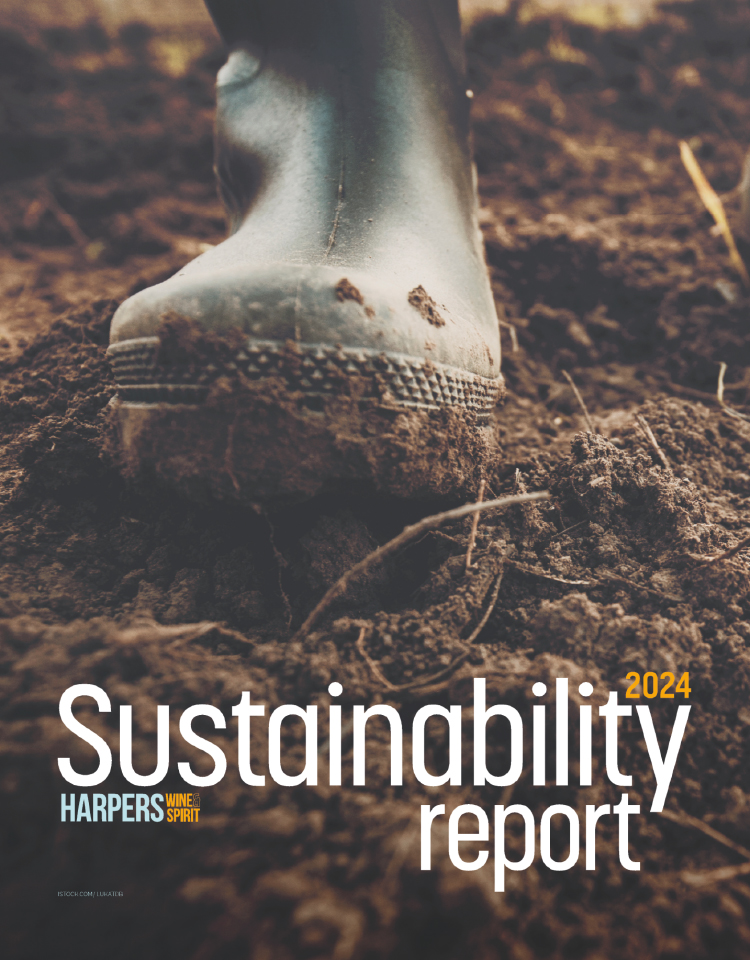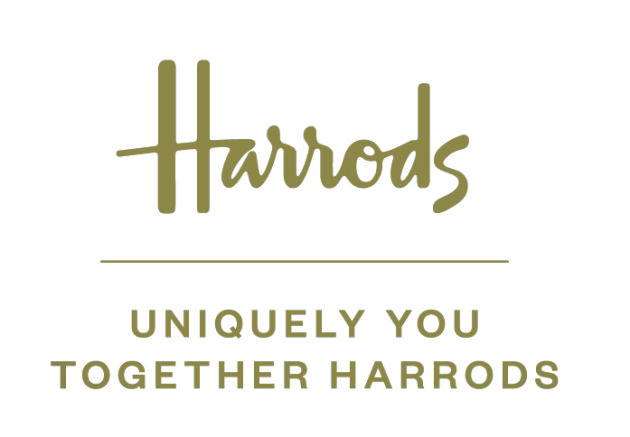
Tim Atkin MW: Why AI matters
My friend Matt likes to confuse algorithms. “Every now and then, I type the first thing that comes into my head into Google, Facebook or Instagram,” he told me. “Emperor penguins, Everest, wrestling, Taylor Smith, cupcakes.” In a world where our digital footprint is used by everyone from advertisers to political parties, it’s a spirited attempt to put AI off the scent.
Brave, but increasingly futile perhaps. As computers’ storage and processing speeds have grown, so AI has taken an increasingly important – and arguably insidious – role in our lives. The warnings have been out there for some time. It’s nearly a decade since Martin Ford published Rise of the Robots, his alarming book about the growing sophistication of predictive algorithms and the threat of “disruptive technology”.
Ford was ahead of his time. Now, concern about AI is growing. In the past month, security services have warned about potential terrorist activity and Geoffrey Hinton, the-so-called “godfather of AI”, resigned from Google, citing his fears about the technology’s ability to develop its own goals and conclusions. Earlier this year, more than 1,000 AI experts, including Elon Musk and employees of Amazon, Meta and Microsoft, called for a six-month pause to assess the pros and cons of AGI – Artificial General Intelligence, which can potentially out-think and outperform human beings. If they’re worried, we should be too.
- Read more: Tim Atkin MW: Lessons in internationalism
Faced with such questions – ethical, existential, legal, sociological – it might seem trivial to talk about AI’s impact on the wine business. But wine is a microcosm of the wider world. The questions we are asking ourselves apply to lots of other businesses, too.
The first thing to acknowledge is that there are positive things about AI. Well, positive in some respects. Many of the tasks that vineyard and cellar workers perform can be done, in most cases, equally well by machines. Pruning, picking, punch-downs and pump-overs are four examples. AI is also very good at analysing satellite imagery and data from vineyards, building models for irrigation schedules or advising on picking windows. Given the unpredictability of climate change, it could be helpful to have AI on our side.
↓
On the plus side
AI could also be used as a sales tool. Indeed, that is already happening with apps such as Vivino, which analyse people’s preferences and buying patterns to recommend wines. Robots could provide in-store advice, run cellar door tastings and give guidance on food and wine matching. They could also wait on tables and be virtual sommeliers. The same goes for analysing customer data and targeting the right product at the right consumers. Handled honestly, these are potentially useful tools for the wine industry.
Using artificial noses or gas chromatography, AI could also be taught to evaluate wines. Imagine a machine that could give you an instant read-out on a wine’s alcohol and pH levels, as well as provenance, likely grape varieties, even vintage. Fraudsters and fakers might come to fear AI’s capabilities. Would this make wine judges redundant? At a basic level, it might. For certain tasks, machines are arguably more consistent than human beings, especially after a long day’s tasting.
The downsides of the unchecked rise of AI are significant. The first is obviously unemployment. Harvesting grapes or running a press aren’t the most stimulating jobs in the world, but they still pay something. Many wine regions would collapse without a labour force, losing their economic structure. Numerous great viticulturists and winemakers have started at the bottom, wielding shears and pulling hoses, just as some of our top buyers and sommeliers cut their teeth moving cases in a wine store or polishing glasses in a restaurant.
Where AI falls down is in dealing with more complex scenarios, especially if they’re new. As the psychologist Professor Gary Marcus puts it, AI has access to “vast databases, but shallow understanding”. AI is retrospective; it learns from the experiences of others. It struggles with creativity and innovation. It does not understand emotion, morality, truth or beauty.
I asked the advertising guru Sir John Hegarty about AI and he was sanguine about the future. “AI can’t watch a sunrise, it can’t cry, it can’t do magic.” That’s why I think there will always be room for human beings in our world, whether in the vineyard, the cellar, the tasting room or the restaurant. AI will be an adjunct to what we do best, but it won’t replace it. And wine journalism? Could
AI written have written this article? Maybe it did.









